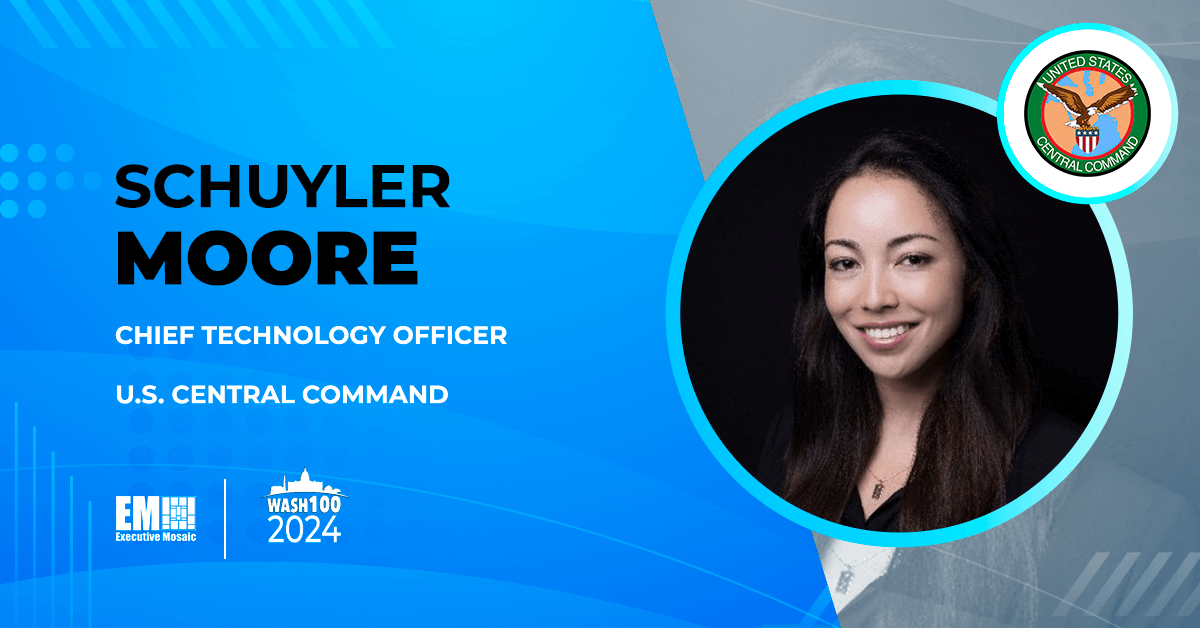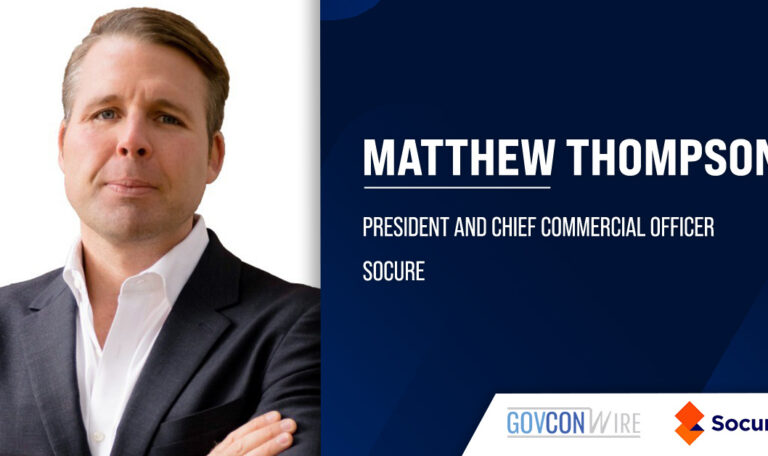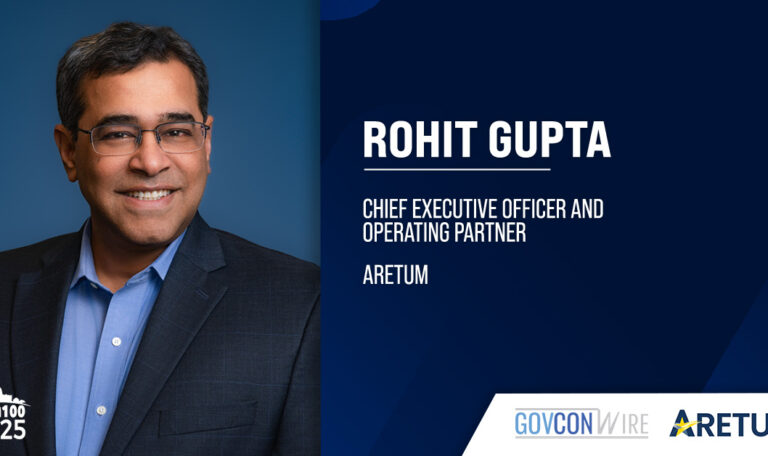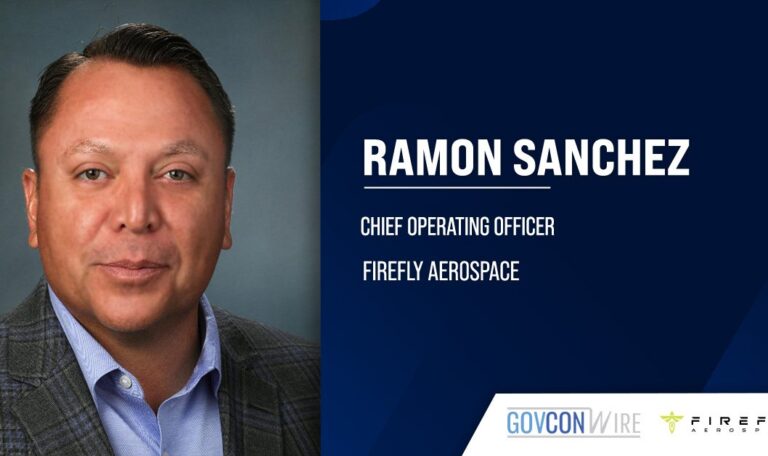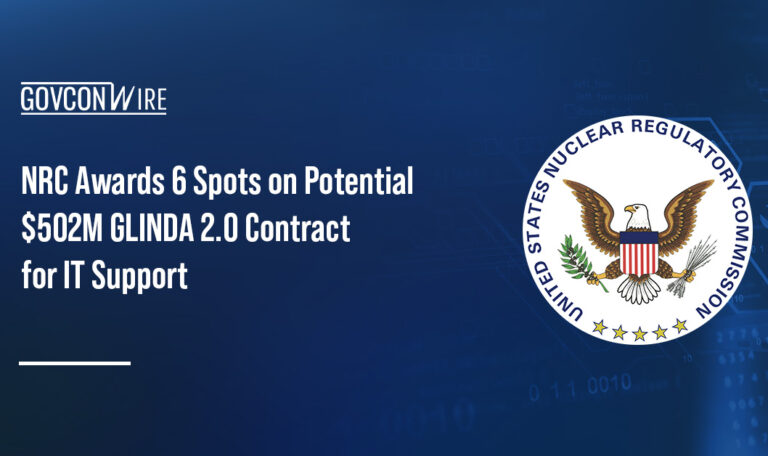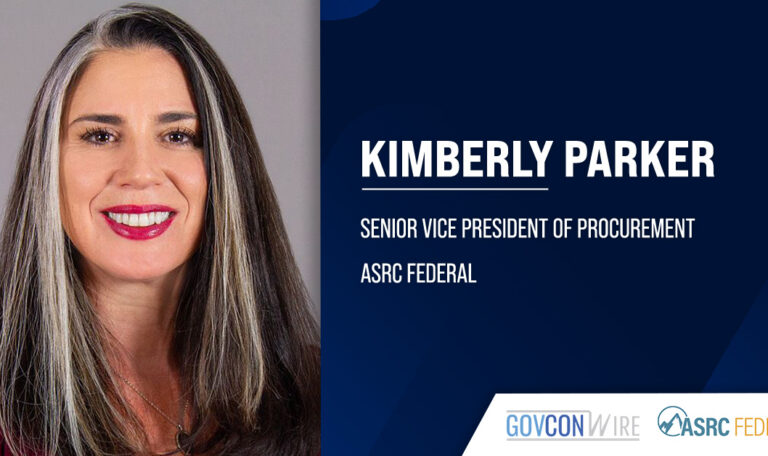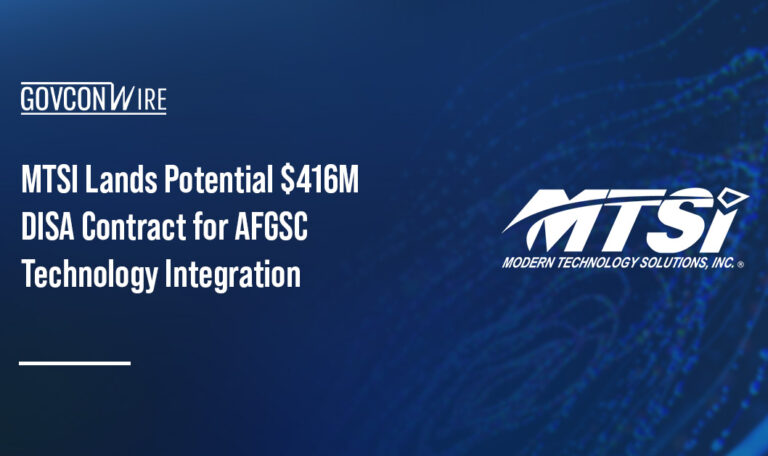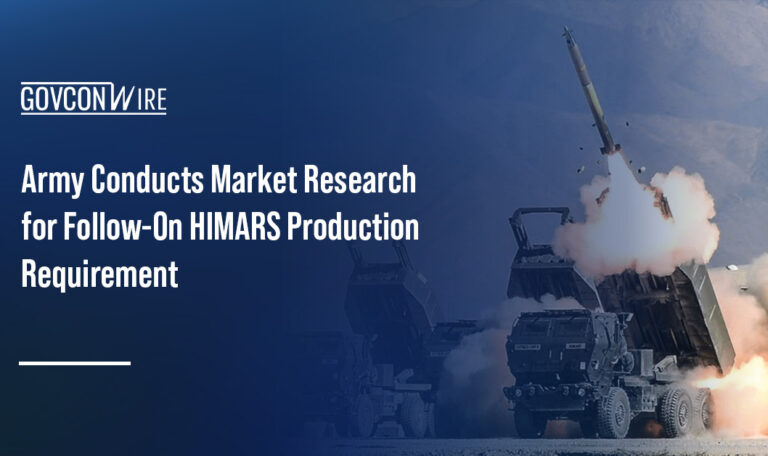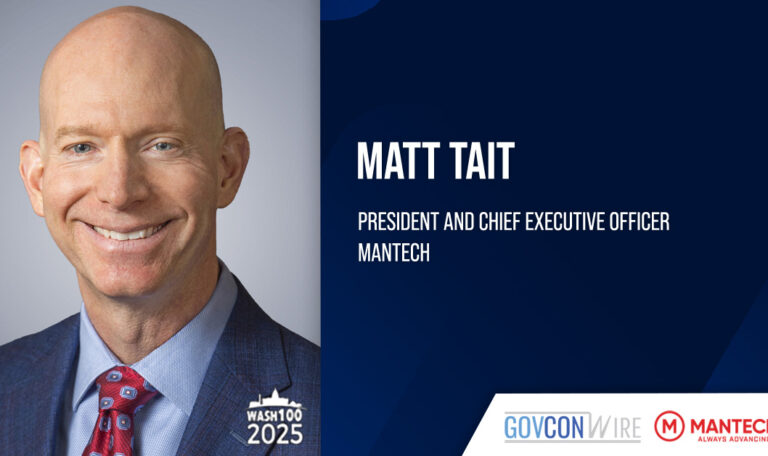Activity is constantly moving across and into the theater of the Middle East and central Asia, with sizable impacts for global security and global commerce. There are countless “ripple effects” from this area, such as Iranian drones that have appeared on battlefields in Ukraine. To manage such a complex and expansive situation, partnerships and international coalitions are non-negotiable — “not a ‘nice to have,’ but a ‘need to have,’” says Schuyler Moore, chief technology officer of U.S. Central Command. Moore, who is also a Wash100 Award winner, gave the morning keynote address at the Potomac Officers Club’s 2024 GovCon International Summit on Thursday.
The threat in the Middle East, Moore relayed, is distinct from what it was 20, 10 or even five years ago. Where once it was a place seemingly defined by “under-trained, under-resourced … ratag militia groups” who were “fundamentally limited by a ceiling,” countries like Iran now possess sophisticated technological skills that have produced ballistic missile capabilities and a bevy of unmanned systems.
“It would be a mistake to underestimate the quality and scope of technology and its impact on security both for the region and the global community. There are tactics, techniques and procedures and technologies that are being sharpened on the stone of this region that we have to keep an eye on,” Moore warned.
National security will be the driving focus of the Potomac Officers Club’s next event: the 2024 Homeland Security Summit. Guest speakers include the executive director, the chief strategy officer and the chief privacy officer of CISA; the chief technology officer of the Transportation Security Agency; and the deputy chief AI officer of Customs and Border Protection, among many others! Save the date—Nov. 13—and secure your spot today.
The U.S. needs to retain its willingness to sell and share technologies with other nations, because if we don’t provide those opportunities, nations may look to other manufacturers, like China, which could have catastrophic effects, Moore suggested.
However, with software in particular, aggressive monitoring and maintenance must occur when partnering and sharing with allies. Moore used the metaphor of building a different restaurant to accommodate the various “allergies” of these different collaborators. She described a situation that is extremely siloed, not just between the DOD and its global network but amongst the DOD and federal government itself.
“We do not operate on a single network. We have multiple networks across the Pentagon and across the other combat commands that sometimes talk to one another, sometimes don’t. And so we are dealing with our own separation of networks in addition to this challenge of having networks that multiple partners can access. So understanding that we would like to move in the direction of having more efficiency and more consolidation of those networks is an end state that we’d like to get to,” Moore underlined.
Luckily, Moore has one specific solution that she aimed right at the room of government contractors at the event.
“We ask industry to increasingly think about this as you build your software applications to understand that we would like to be able to use as consolidated and as efficient a number of kitchen tools as possible. And you can facilitate that by building in those attribute-based access controls into your software applications that will allow us to be more successful and use your tools more easily done online,” she said.
Even this, though, will not quite be enough. Moore raised that organizing data is going to be one of the most challenging yet important tasks for those building a more unified, communicative and efficient network. In order for “releasability” of information to be functional and effective, the data has to be labeled and sorted correctly.
This involves approaching large datasets with some nuance: too often, the CENTCOM CTO said, officials will just slap a label of “no foreign” on a large dataset when parts of it could be fair game.
“As soon as we do that, we are cutting off a door that might allow for better partnership down the road. So we must, as a community, look back at the data that we already have as a department and think about how we methodically move through,” Moore oriented.

Get in on the industry-government collaborative action. Learn about ways to enable the mission of DHS at the 2024 Homeland Security Summit. It will be rich with keynotes, panel discussions and opportunities for one-on-one interaction with peers, competitors and decision-makers.


